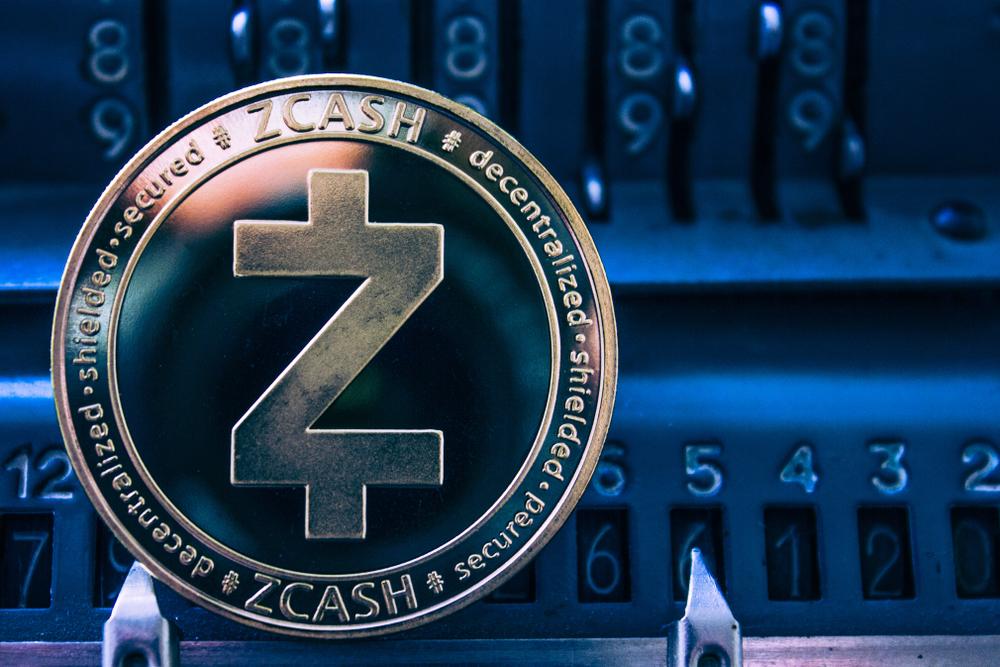- Despite best efforts from Central Banks, the contention around CBDCs is growing.
- More industry users are favoring Privacy coins.
The push for the potential launch of a Central Bank Digital Currency (CBDC) in several regions has intensified. Many central banks and governments are actively making efforts towards research and collaborations that may eventually translate to the release of their national cryptocurrency. The Italian Banking Association (ABI) has put together an 18 members team to participate in the trial of a wholesale CBDC with the Bank of Italy.
This initiative which is dubbed Project Leonidas is part of the 14 projects dedicated by the central bank to Distributed Ledger Technology (DLT) experiments. Also, it comes at a time when the European Central Bank (ECB) is looking to explore new technologies for wholesale payment, although no mention has been made of wholesale CBDC. Rather, it is touted as a linkage between DLT infrastructures and the TARGET real-time gross settlement (RTGS) systems for payments.
The ECB began an investigation phase of a retail CBDC, digital euro towards the end of 2021. But, other central banks like the Bank of Spain are geared towards a wholesale CBDC. The Central Bank of Brazil partnered with 14 pre-selected institutions including private banks like Nubank, Bradesco, and Itaú Unibanc to conduct the pilot testing phase of the digital Real. Almost at the same time, Ripple launched a CBDC platform that enables financial institutions, central banks, and governments to mint their stable coins and CBDC.
Generally, these central banks most times claim to be working on a CBDC to restrict the use of crypto and reduce the dominance and dependence of the United States dollar. However, there are scepticisms that CBDCs would be exploited as a political and censorship tool to manipulate the masses. CBDCs are known to offer no form of privacy, therefore, many true supporters of decentralized assets are pushing for the rejection of CBDCs.
XMR, ZEC And Dash Offers Financial Freedom
Many individuals are throwing in much support for privacy-centered cryptocurrencies like Monero (XMR), ZCash (ZEC), and Dash (DASH). Cryptocurrencies like this offer absolute anonymity, thereby making it hard to track the identity or personal data of the receiver and sender in a transaction. They can deliver the same benefit as a CBDC without the risks that come with a CBDC.
These privacy coins possess core cryptographic features which equips them with heightened security and privacy. In addition, they operate on a decentralized network, giving no one any central authority over them. Monero utilizes three technologies to provide robust privacy; Stealth Addresses, Ring Signatures, and RingCT. So far, it has established itself as one of the most trustworthy settlement options.
Apart from the level of privacy that these privacy coins offer, they are known to facilitate transaction speed, efficiency, security, and the expansion of blockchain applications. Crypto enthusiasts are receptive to privacy coins adoption seeing that they give financial freedom.
Subscribe to our daily newsletter!
No spam, no lies, only insights. You can unsubscribe at any time.




